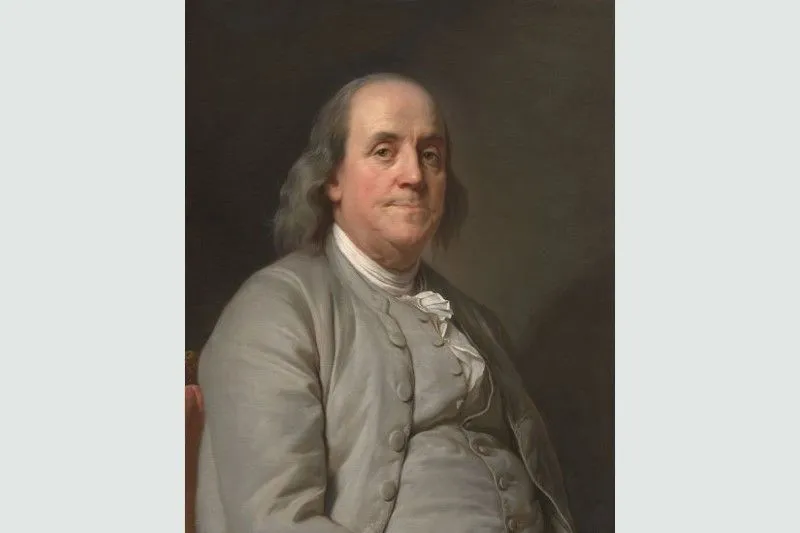The Power of Short Videos in Reducing Mental Illness Stigma
I think we’re more comfortable talking about the realities of mental illness.
Unfortunately, it doesn’t mean the associated stigma is getting any better.
In fact, stigmatizing beliefs related to mental illness rose by 10% among Americans from 1996 to 2018. Many of us would consider those beliefs discriminatory.
Thankfully, there are researchers who design and study interventions to reduce stigma.
A May 2024 article in Psychiatric Services described promising outcomes from a randomized controlled trial (RCT) that evaluated the impact of a two brief videos on stigma scores across 5 domains:
- Social distance
- Stereotyping
- Separateness
- Social restriction
- Perceived recovery
Researchers randomized over 1,200 young adults to the 2-minute videos and to a control intervention. Links to the videos in the comments below.
Each video depicted the personal story of an individual who struggled with schizophrenia. In one case it was told by the person with lived experience, and in the other it was told by a well-prepared actor.
Stigma levels were measured at baseline, immediately after the intervention, and 30 days later. Both videos successfully decreased mental illness-related stigma equally well across all 5 domains compared to the control.
More than 60% of people with severe mental illness don’t get the care they need. Stigma (ie. discrimination) represents a significant barrier to accessing timely care.
Short videos are effective and scalable ways to combat stigma at a population level. And, we don’t have to always rely on the courage of patients in recovery to tell their stories in public to make it happen.
Photo Credit: Jack Bell Photography





